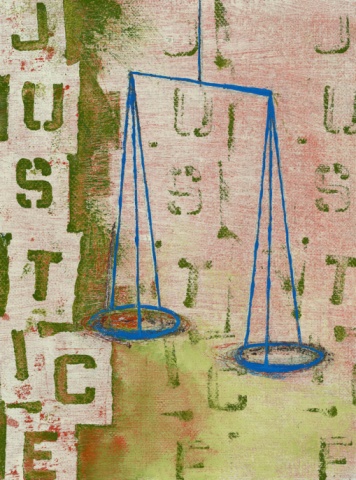Discrimination
A person may have claims against an employer for discrimination against him or her on the basis of race, gender, or sexual orientation. Such claims include violations of laws in hiring, promotion, assignment, compensation, and workplace harassment. A person may also have claims for such discrimination in a housing context.
Experienced female coach passed over for male shop teacher 
A female coach with over fourteen years of successful varsity high school softball coaching experience was not hired for a softball coaching position even though she was the sole applicant. Instead, the deadline for applying was extended and a male shop teacher with no experience at the high school varsity level, and only two years at the junior varsity level and four years at the elementary school level, was hired. Attorneys Howard Friedman and Myong Joun tried the case before the Massachusetts Commission Against Discrimination in December 2002. In November 2004, the MCAD found that our client was discriminated against and awarded her full back pay and $100,000 for her emotional distress.
Trans woman arrested for using the women’s bathroom
Our client, a transgender woman, was falsely arrested and subject to discrimination for using the women’s bathroom at a homeless shelter in Boston in 2010. At the police station, male police officers degraded our client by ordering her to remove her top and jump up and down, causing her bare breasts to jiggle for the officers’ amusement.
Our case alleged that the City failed to train its police officers how to treat transgender people. The City offered to have judgment entered against it shortly after we filed the complaint. Just a few months after we settled this case, the Boston Police Department announced a new policy that instructs officers how to properly interact with and respect transgender people.
Transgender people’s right to use public bathrooms and other public accommodations was strengthened in 2011 by a state law prohibiting discrimination based on gender identity. We use litigation to enforce these laws.
